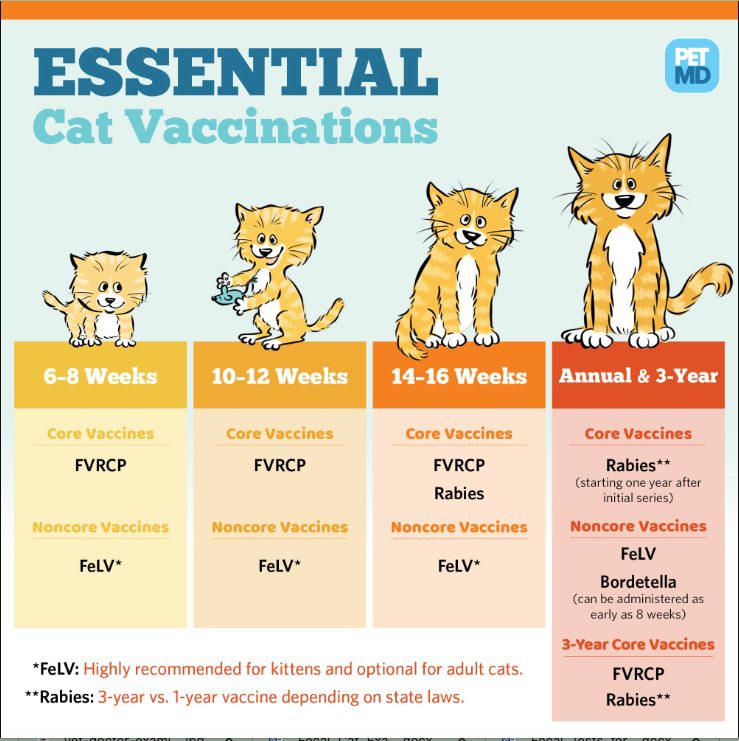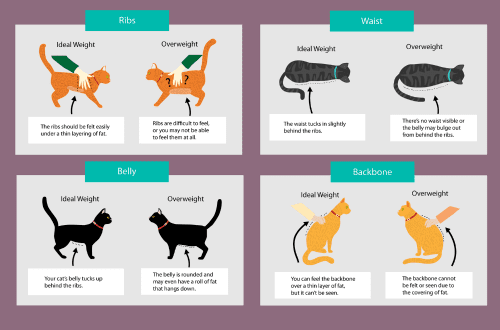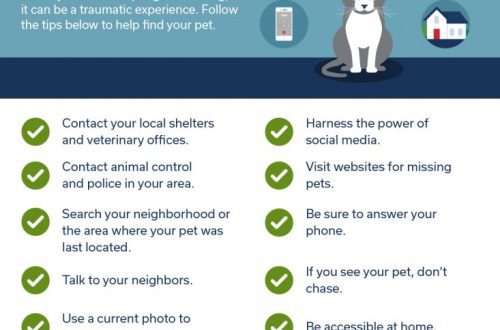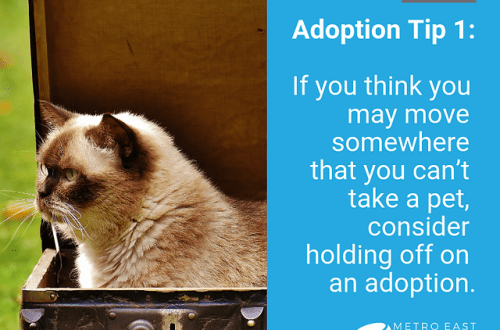
What vaccinations are given to cats
If you decide to get a kitten and have already prepared the house for its arrival, it’s time to think about vaccination. Even if your pet will always be at home and you do not plan to let him go outside, vaccination is necessary. Make an appointment with a veterinarian to get the advice you need.
What is vaccination Vaccination is a mandatory preventive measure that will help prevent the development of certain infectious diseases in your furry beauty.
It is important to remember that:
- Some diseases are transmitted not only from cat to cat. You can bring the pathogen into the house on your clothes or shoes.
- Deadly diseases such as rabies are also contagious to humans. It is better to prevent a disease than to treat it.
What infections do cats need to be vaccinated against? What vaccinations does your cat need? Below you can find a sample list of vaccinations that a veterinarian can give your pet.
Comprehensive vaccination against viral rhinotracheitis, calicivirosis and panleukopenia. Viral rhinotracheitis is a respiratory disease caused by feline herpes. The source of infection can be a sick cat or a cat carrying the virus. Calicivirus is a viral infection that affects the mucous membranes of the mouth and upper respiratory tract in cats. Rhinotracheitis and calicivirus can cause the so-called “cat flu”. Panleukopenia (feline distemper, or feline parvovirus enteritis) is a highly contagious viral disease that affects the digestive tract, blood-forming organs, and the nervous system.
Rabies vaccination. Rabies is a dangerous, contagious viral disease that is deadly to both cats and humans. In Russia, vaccination against rabies virus is mandatory for dogs and cats and must be carried out on an annual basis.
Vaccine against viral leukemia. Feline leukemia virus is a chronic or “slow” infection that can lead to tumor growth, anemia (low red blood cell count), and immune system dysfunction (immunosuppression). At risk for this disease are non-neutered cats and non-sterilized cats that are often outdoors, i.e. they may come into contact with other cats and cats, as well as cats suffering from other diseases.
Vaccination for chlamydia in cats. Chlamydia in cats is a bacterial infectious disease in which a pet can experience profuse purulent discharge from the eyes and nostrils (conjunctivitis and rhinitis), in very rare cases, chlamydia can cause pneumonia in cats. This bacterium does not “survive” well in the environment and is transmitted from a sick cat to a healthy one only through close contact. The most predisposed to this disease are young cats with crowded content (for example, in shelters, nurseries).
Important: at the moment there is no data confirming the clinical effectiveness of vaccination of cats and dogs against dermatophytosis (lichen), therefore this vaccine is not recommended for these animal species.
Kitten vaccination Your veterinarian will help you select an individual vaccination schedule for your kitten at the initial appointment, taking into account all possible risks. Most often, veterinarians recommend that the first comprehensive vaccination be carried out no earlier than eight weeks of age, since maternal antibodies may still be present in the kitten’s body, which can interfere with the vaccine. To consolidate the immune response, primary vaccination is recommended to be repeated several times (2-3 times) during the first year of life. Vaccination against the rabies virus is carried out once from the age of three months, and then this procedure must be repeated annually.
Preparation for vaccination The pet must be prepared for vaccination. First of all, make sure the animal is healthy. You can assess the condition of the cat at the reception at the veterinary clinic. Then, on the recommendation of a veterinarian, it is necessary to treat helminths and external parasites. Deworming a kitten before vaccination is most often carried out 10-12 days in advance. Treatment for parasites in the future should be carried out regularly throughout the year, and not just before vaccination. A veterinarian can recommend a more accurate treatment plan for your pet. Please note that at the time of sterilization or castration, the pet must be vaccinated. Before carrying out this operation, a consultation with a veterinarian is required.
Vaccinations before traveling to the country or on vacation Check with the embassy of the state where you are going to go with your pet. what mandatory certificates, documents and procedures your four-legged friend needs to carry out. Most often, in addition to comprehensive vaccination, the kitten will need microchipping and treatment for parasites.
To travel with a pet in Russia, a veterinary passport about rabies vaccination is required, and the pet must be microchipped. A veterinary passport is issued at any veterinary clinic at the first vaccination of a pet, and then filled in by veterinary specialists after each vaccination.
For a trip to the country with a kitten or with an already adult cat, no certificates and additional documents will be required, but this does not mean that the pet does not require regular preventive treatments and vaccinations. Check with your veterinarian about which treatments and how often your pet needs them.
Remember that vaccinations and parasite treatments help keep your pet healthy.





